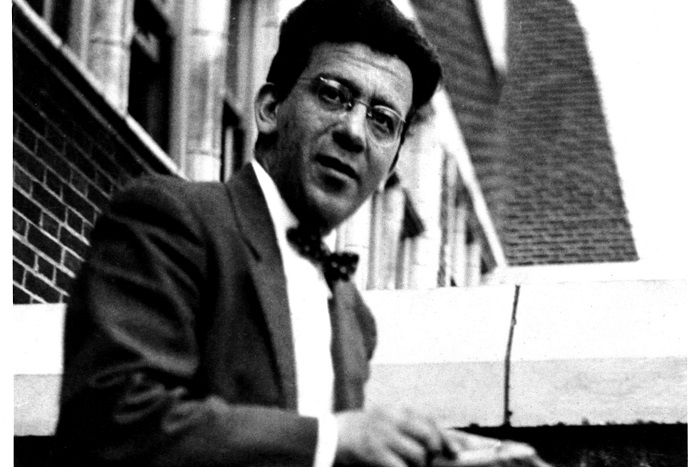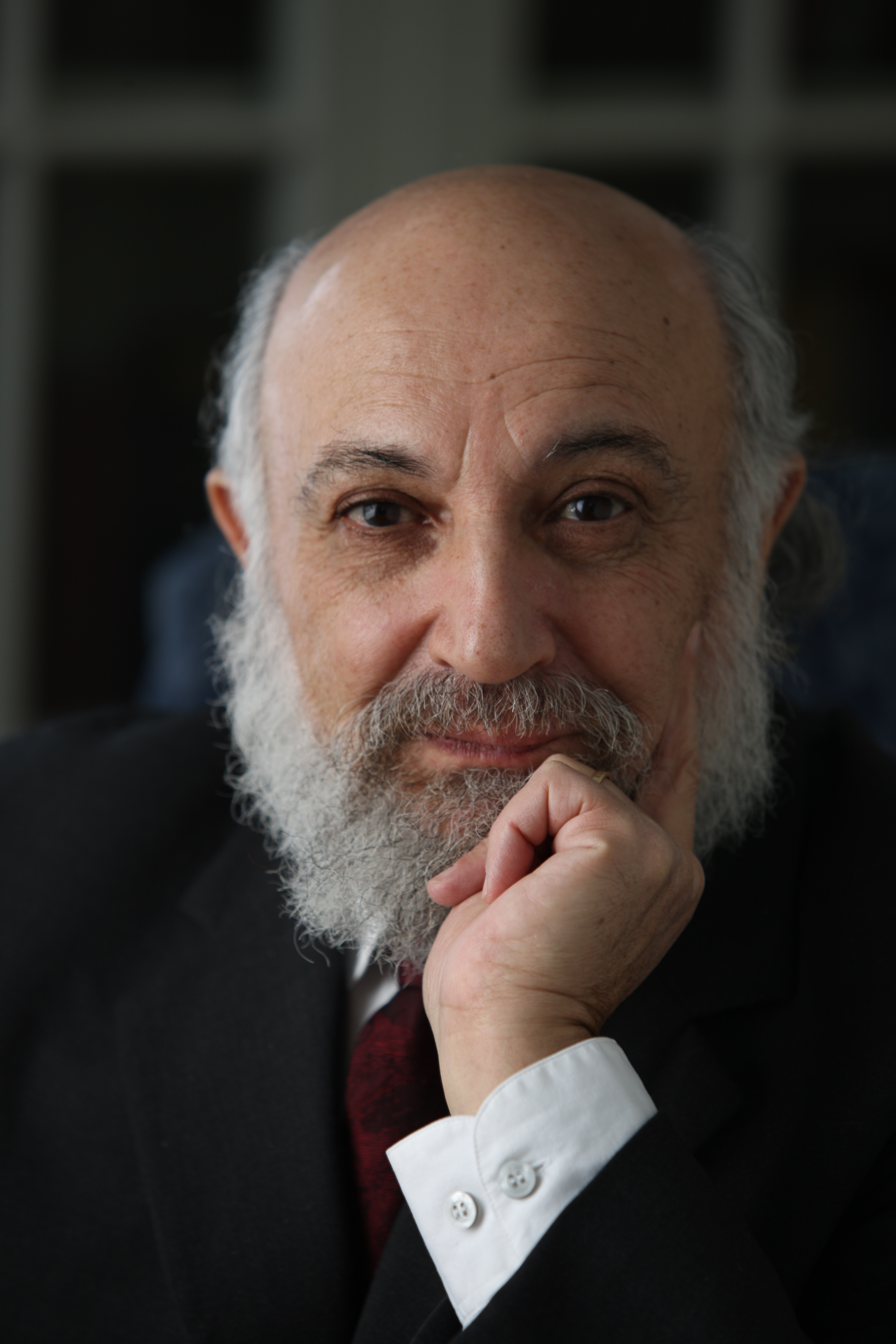
Martin Doblmeier's inspiring new documentary Spiritual Audacity: Abraham Joshua Heschel's Story is a long-overdue homage to one of the great spiritual teachers and activists of the 20th century.
Heschel taught that one can experience the reality of God and find a meaningful life by relating to the world with awe, wonder, and radical amazement. He developed this aspect of his philosophy in his 1951 book Man Is Not Alone, which was reviewed by the great Protestant theologian, Reinhold Niebuhr, who recognized Heschel as "one of the most authentic prophets of religious life in our culture."
The film explores Heschel's active support of civil rights, advocacy for the rights of Soviet Jews, and religious opposition to the Vietnam War. “To speak about God and remain silent on Vietnam,” Heschel wrote, “is blasphemous.” We learn that Reverend Dr. Martin Luther King, Jr.’s decision to oppose the war in Vietnam was strongly influenced by Rabbi Heschel.
The film also focuses on Heschel’s influence in the sphere of interreligious dialogue, especially from1962-1965, when the Church was drafting the Second Vatican Council's revolutionary document, Nostra Aetate, Declaration on the Relation of the Church to Non-Christian Religions. Heschel’s personal intervention was rewarded with "the omission of any reference to conversion of the Jews.”
Heschel's political and social activism was rooted in large measure in his deep study of the Hebrew prophets and his experience in Nazi Germany. After completing his PhD dissertation on the prophets at the University of Berlin in 1933, he found refuge in the United States when the Hebrew Union College in Cincinnati brought him onboard as a professor. Tragically, Heschel’s mother and three sisters could not get out of Europe and perished in the Holocaust.
It was Heschel's work on the prophets that led to his the strong affinity with Martin Luther King, Jr. As Susannah Heschel tells it, her father was impressed with the Southern Baptist minister’s reverence for the Hebrew Bible. In Germany, pro-Nazi Christian leaders had wanted to exclude “the Old Testament” from Holy Scripture, whereas in the U.S., Dr. King made the Hebrew Bible – particularly the Exodus story and the Prophets – central to his message in advancing civil rights.
The two met for the first time at the National Conference on Religion and Race in Chicago in 1963. In his address, Heschel declared, "Racism is worse than idolatry. Racism is Satanism, unmitigated evil." Heschel believed that King truly represented the spirit of the Hebrew prophets, and King described Heschel as “one of the truly great men of our day and age...indeed a truly great prophet."
We see the iconic photo of King and Heschel leading the march in Selma and hear the recollections of some of the most important civil rights activists of the day, including John Lewis, Jesse Jackson, and Andrew Young, who took upon himself the responsibility to protect Heschel. Young tells us, "Rabbi Heschel was the authority on the prophets. But on the march to Selma, he was the prophet." Cornel West, one of America’s best-known social critics and public intellectuals, regards Heschel as "a soul mate, part of my heart, mind, soul, and witness."
An excellent summary of some of Heschel’s core teachings is presented in an interview with Carl Stern only weeks before the rabbi’s death. In his discussion with Stern, Heschel emphasizes core ideas from two of his major books, God in Search of Man and The Prophets. Heschel claims that the biggest message of the Hebrew Bible is that God takes human beings seriously. God is in need of humans, and we are partners with God in perfecting the world. For Heschel, God is a God of pathos who suffers when human beings suffer. "All prophecy,” said Heschel, “is one great exclamation, God is not indifferent to evil! He is always concerned. He is personally affected by what man does to man. He is a god of pathos."
In 1965, the Union Theological Seminary named Heschel as its first Jewish visiting professor. His inaugural lecture, “No Religion is an Island,” became one of the most important articles for the interfaith dialogue movement. Heschel insisted that no religion has a monopoly on truth or holiness, emphasizing, "in this aeon, diversity of religions is the will of God."
Martin Doblmeier’s 35th documentary film on subjects of religion, faith and spirituality features an outstanding cast of commentators, including Heschel’s daughter, Susannah, a specialist on her father's thought. She offers a window on her father’s early days as well as the last ten years of his life. Additional Jewish commentators include Arnold Eisen, the former chancellor of the Jewish Theological Seminary, where Heschel taught from 1945 until he died in 1972, and interfaith expert and author Rabbi A. James Rudin.
This film comes at a time when we are facing again many of the evils Heschel vigorously opposed – a time to remember his admonition: "In a free society, some are guilty, but all are responsible."
Spiritual Audacity: Abraham Joshua Heschel's Story will release March 1 digitally and begin to air on PBS stations in May for Jewish American Heritage Month. View the trailer at www.journeyfilms.com.
Related Posts

10 Jewish Athletes You Need to Know About

The Art of Wisdom: Proverbs, Adages, and Maxims, and the Images They Inspire

